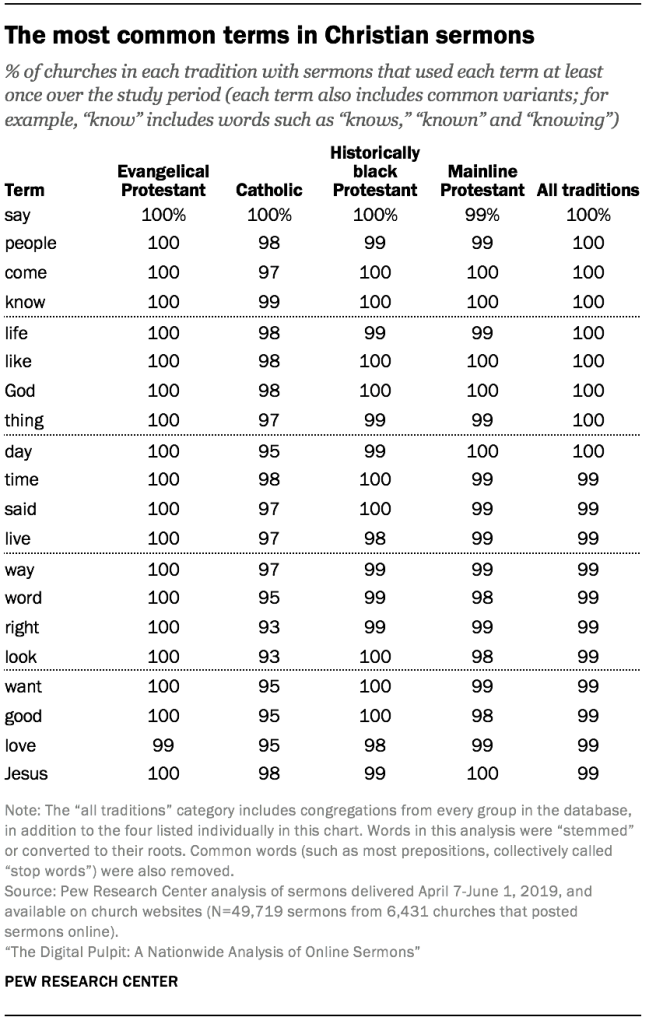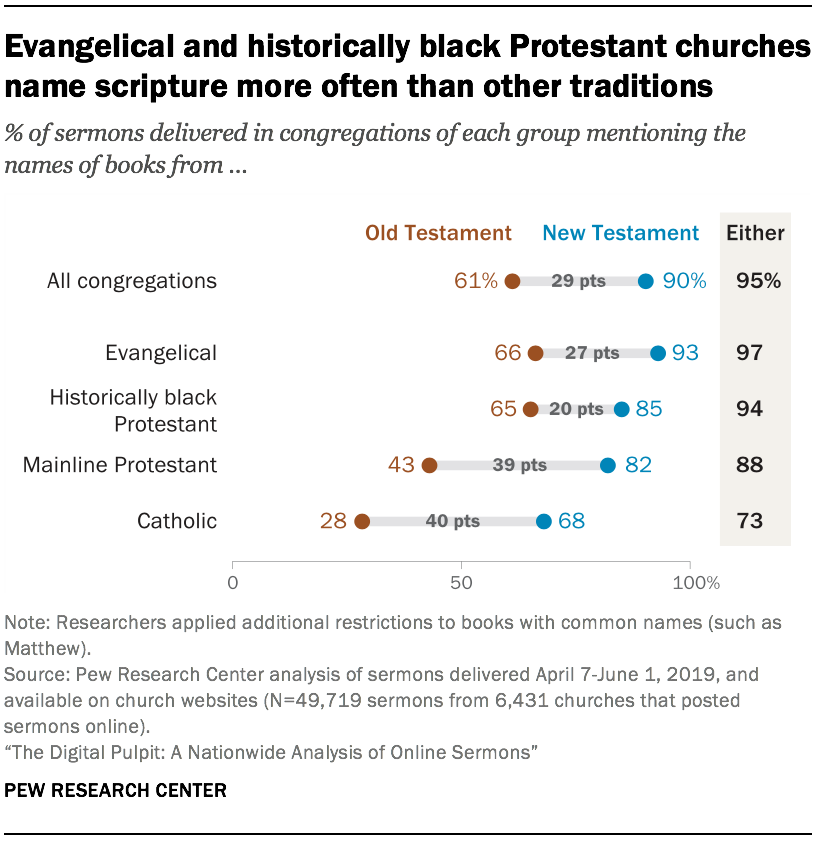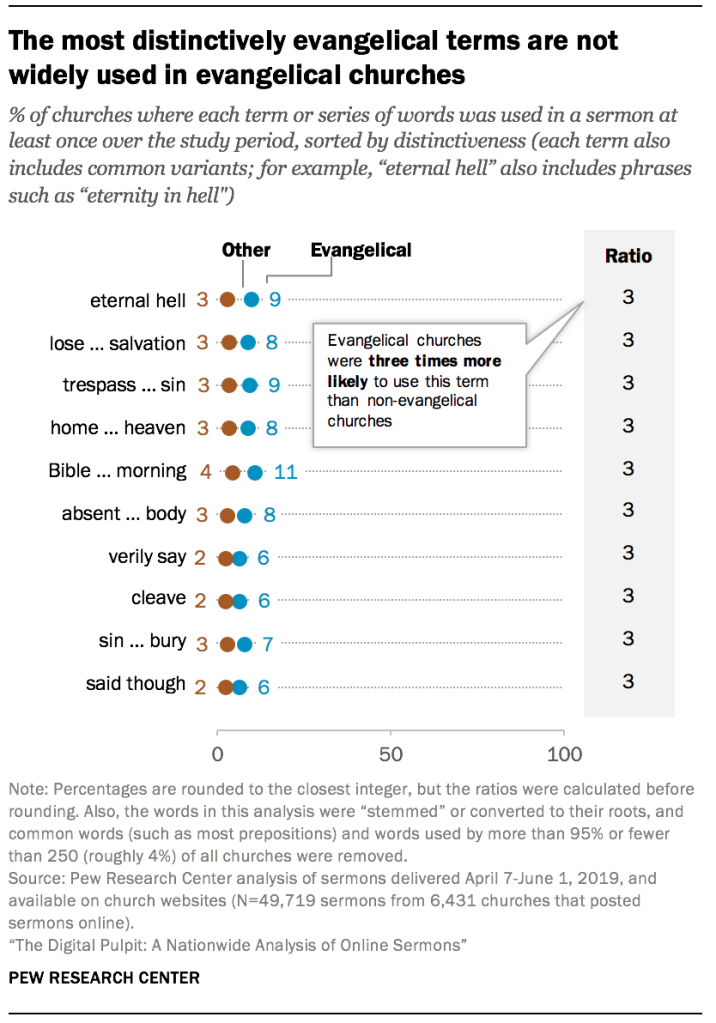Why I’m Still in an ‘Evangelical’ Church
As 2020 begins, the popularity of the label “evangelical” is drifting downward. When quizzed by pollsters last year, only 1 in 4 American adults described themselves as "evangelical."
Some of this decline is due to changing demographics, with recent immigrants less likely to call themselves “evangelical” and fewer Americans calling themselves Christian at all. Some of it is due to politics. The election of Donald Trump as U.S. president, thanks in no small part to overwhelming support from white evangelicals, has maximized the political implications of the term. As a result, some Christians are less likely to use the label—including me.
Yet far more significant than labels are beliefs. On that front, there’s good news and bad news.
First, the bad news. A survey by LifeWay Research found that fewer than 1 out of 6 American Christians (15 percent) agree with four basic truths they use to define "evangelical":
1. The Bible is the highest authority for what I believe.
2. It is very important for me personally to encourage non-Christians to trust Jesus Christ as their Savior.
3. Jesus Christ’s death on the cross is the only sacrifice that could remove the penalty of my sin.
4. Only those who trust in Jesus Christ alone as their Savior receive God’s free gift of eternal salvation.
The good news is that the sermons being preached in “evangelical” churches, more than most, still emphasize sin, salvation and scripture. In a fascinating computer analysis of online sermons, the Pew Research Center found that words like “sin” and “salvation” were heard in three times more “evangelical” church sermons than in all sermons from all churches Pew studied.
Pew’s study gathered nearly 50,000 sermons delivered over a two-month period in Spring 2019 in nearly 6,500 U.S. churches. Pew included in its definition of “evangelical” churches in the Baptist, Missouri synod Lutheran, and Presbyterian-Reformed denominations—including the RPCNA. It also included some historically black churches. You can read the full breakdown here.
What is heartening to me is that, as you can see in the chart below, people had a 99% chance, in any church studied by Pew, to hear a sermon that mentioned Jesus and love. And, contrary to popular belief, you were 11 times more likely to hear the word “love” in an evangelical church sermon than you were to hear “eternal hell.”

Also heartening is that 95% of churches are citing scripture in their sermons, as you can see in the chart below. Put another way, if you attended 20 different churches from the Pew study, only one had a sermon that didn't quote scripture. Evangelical churches cited scripture a bit more, and Catholic churches cited it less.

But as you can see in the chart below, you had only a 3% chance to hear either the word “sin” or "salvation" in all churches. Put another way, if you went randomly each week to one of the churches in the Pew study, it would take you 33 weeks to hear “sin” and "salvation" in a sermon once each. That means you would hear each word in only 1-2 sermons in an entire year.

That’s not enough, at least for me. I know that I break God’s commandments daily in thought, word and deed. I need regular reminders that even my righteous acts are as filthy rags, that I need the righteousness of Christ. If I don’t get such regular reminders of my sin, I end up relying on myself, rather than relying on Christ. And unless I recognize that I am dead in my sins, I have no need of salvation.
The avoidance or even denial of sin by people in church is hardly a new problem. The Apostle John wrote to Christians about it in the first century: “If we say we have not sinned, we make him a liar, and his word is not in us. … But if anyone does sin, we have an advocate with the Father, Jesus Christ the righteous. He is the propitiation for our sins, and not for ours only but also for the sins of the whole world” (1 John 1:10, 2:1b-2).
I’m not sure even evangelical churches are preaching about sin and salvation enough. But the fact that in 2020 they still do is why—despite the unpopularity of the name—I still belong to an “evangelical” church.
